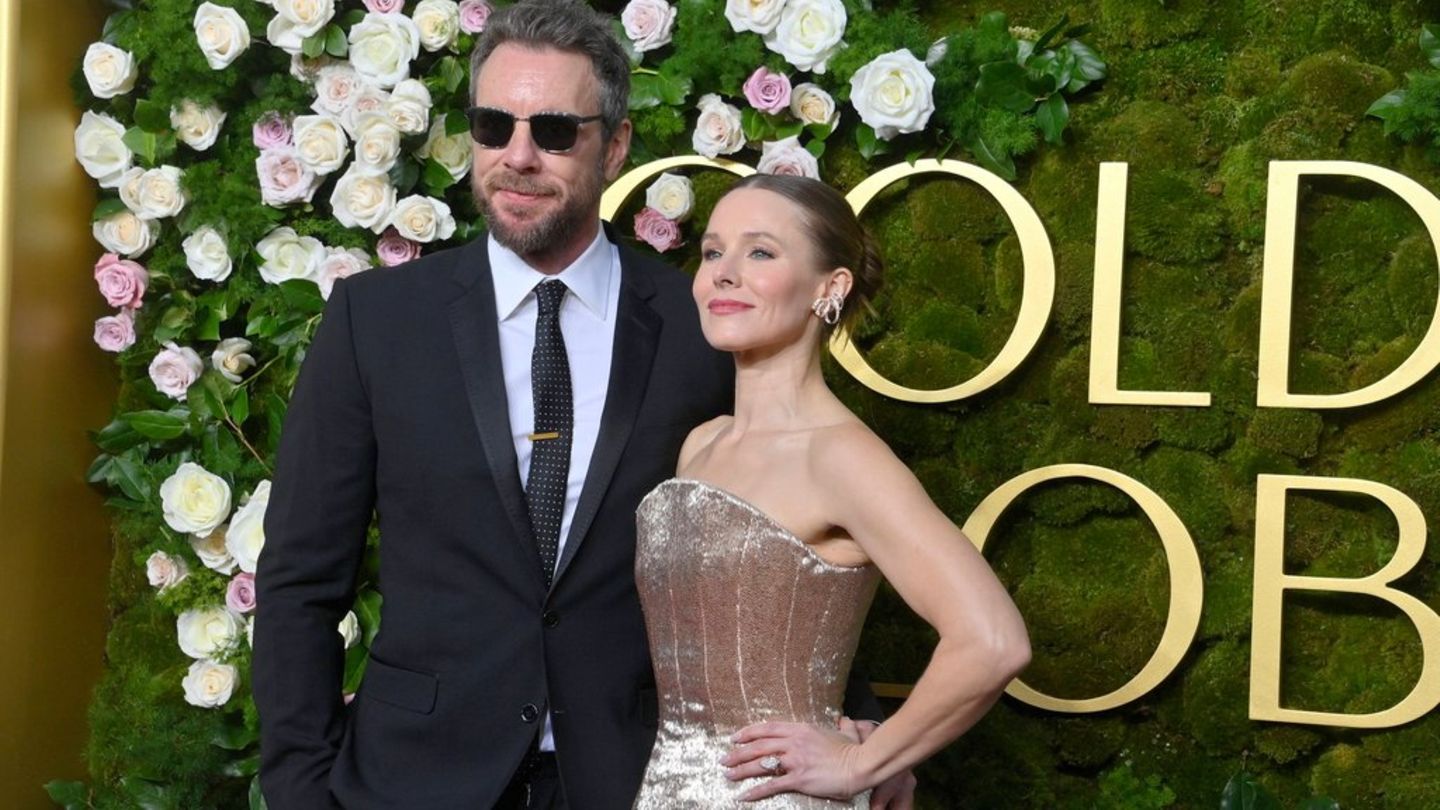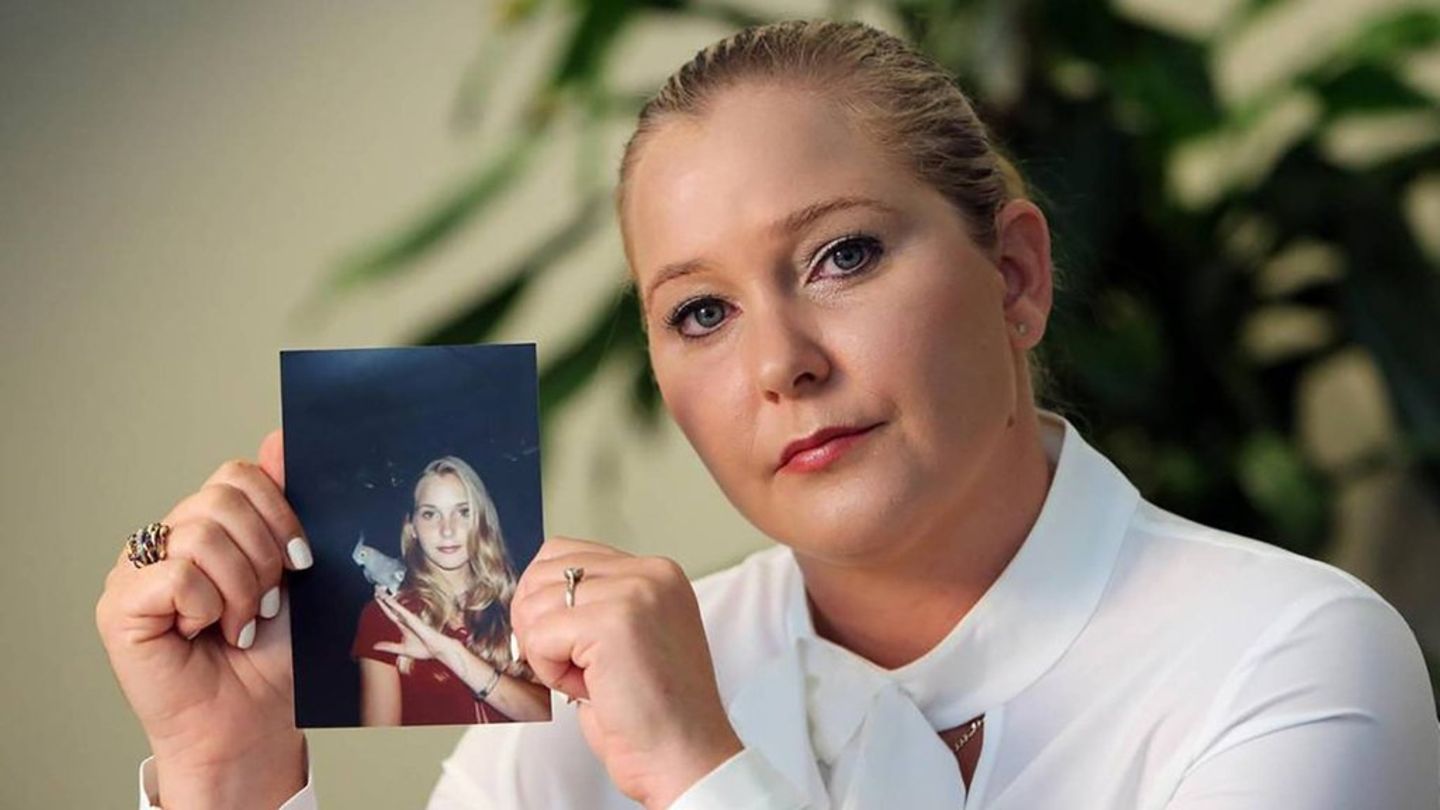On the one hand, he asked his then General Secretary Christian Pilnacek to entrust the corruption investigators with obtaining the material. Furthermore, communication should be “bundled” with the public prosecutor’s office.
The opposition had repeatedly spoken of a directive from Moser, according to which he did not want the Economic and Corruption Prosecutor’s Office (WKStA) to play an active role in the investigation after the publication of the Ibiza video. The ex-Justice Minister assessed it differently. Shortly after the Ibiza scandal broke out, he saw the WKStA as the “real public prosecutor’s office” in the case and asked Pilnacek via instructions to approach the investigators via the chief public prosecutor’s office in order to request all of the video material.
The Justice Minister at the time confirmed that the WKStA should not initially play an “active role” in communicating the Ibiza issue. The only intention was to speak with “one voice” as long as there was no investigation. This “bundling of communication in the first phase” should be carried out by the OStA as a service and technical supervisor. The government had no further influence on the investigation. In a case like this in particular, it is necessary for the public prosecutor to perceive it unaffected, emphasized Moser.
He had “paid the utmost attention” to ensuring that the corruption prosecutor’s office can investigate without being influenced. He did not assume that the WKStA was not part of a working group to improve quality that was set up after the BVT case, says Moser: “I did not issue any directives in connection with the composition.” The head of the working group was the then General Secretary Pilnacek. He cannot say why he did not invite the WKStA. Moser ruled out that he ever said in connection with the working group that the WKStA should be “smashed”, as the former cabinet employee and public prosecutor Roland Koch had said. The working group was only concerned with coming to terms with past mistakes.
Information to Federal Chancellor Sebastian Kurz (VP) on investigations into criminal matters never flowed, emphasized Moser. When asked whether the head of government personally inquired about it, the then justice minister said: “I don’t know anymore.” However, different people would have asked again and again about individual procedures. After the video came up, it was clear to him, Moser, that he was no longer available as a minister.
Agriculture Minister Elisabeth Kstinger (VP) is asked about Moser. The opposition wants to know from her what she knew as the then General Secretary of the so-called Ballhausplatz project, which had the aim of bringing Sebastian Kurz to the Federal Chancellery. The third respondent, the VP-close strategy and communication advisor Kapp, will then be asked about an offer in 2015 to buy incriminating material about the former FP boss Heinz-Christian Strache.
This video is disabled
Please activate the categories Performance cookies and Functional cookies in your cookie settings to display this element. My cookie settings
Grne unhappy about further attacks on justice
Green parliamentary group leader Nina Tomaselli was once again “unhappy” about how the U-Committee’s final spurt is going off. The VP continues to launch attacks on the judiciary and journalists. She was also dissatisfied with yesterday’s appearance by Finance Minister Gernot Blmel (VP): Although there was a “slight hint of apology”, at the same time Blmel had launched another attack against the opposition, which only claimed their rights, Tomaselli criticized .
For VP parliamentary group leader Andreas Hanger, the next two days will “once again” not be about control and clarification, but rather about “scandalizing, patching and imputing”. Therefore he does not expect “any gain in knowledge” this time either. The most recent attacks on Blmel in connection with the delivery of files are “clear evidence that it is all about staging”.



